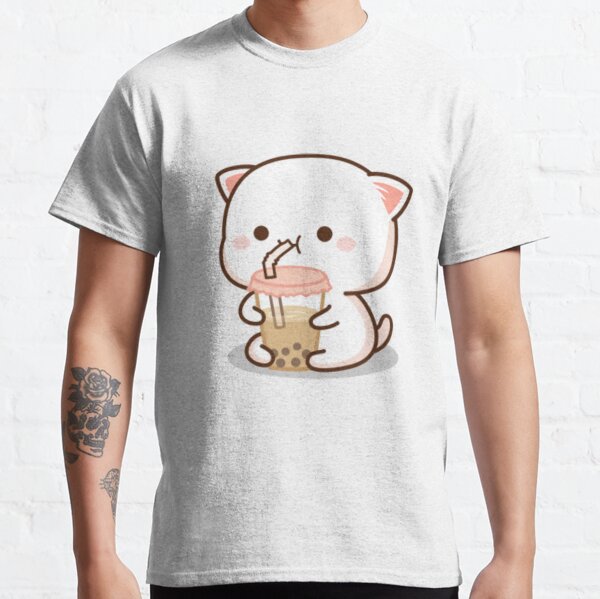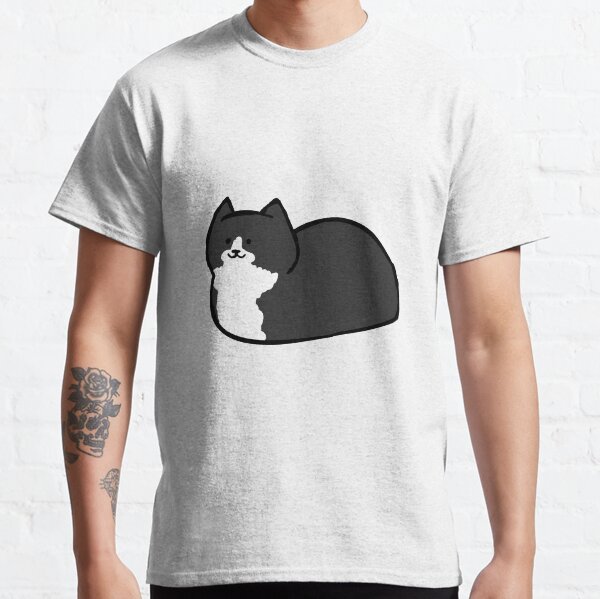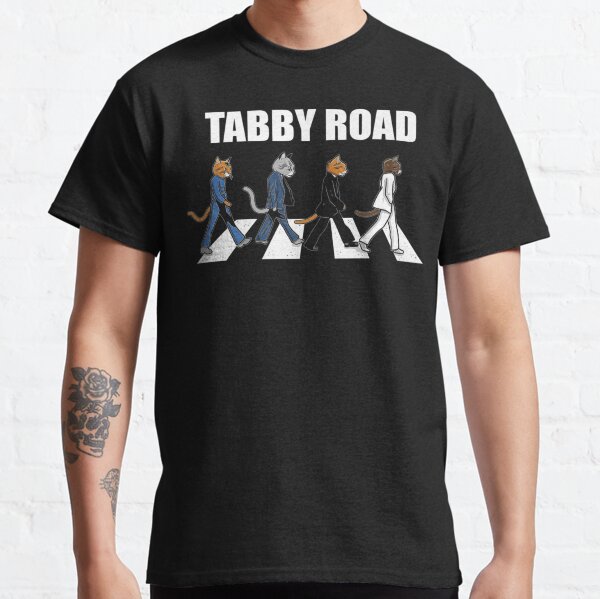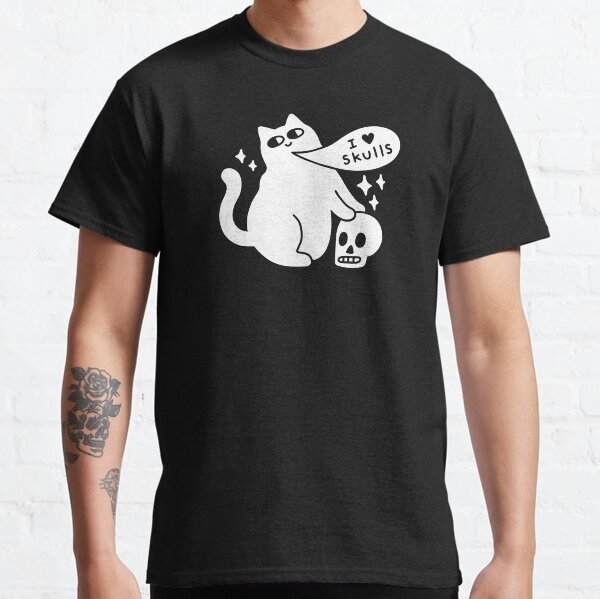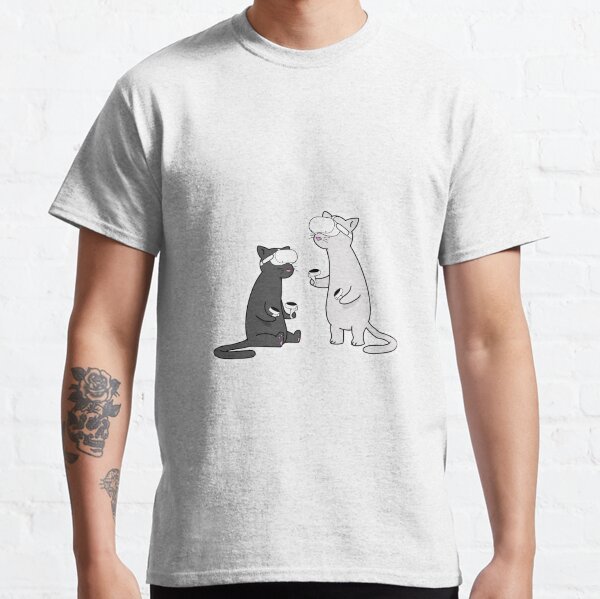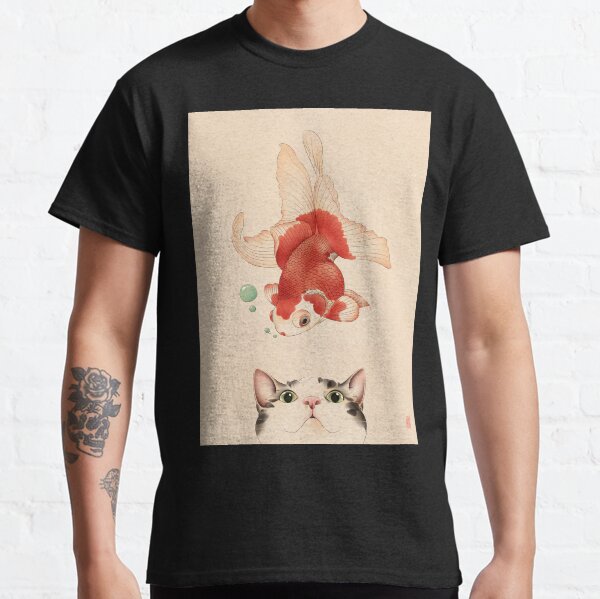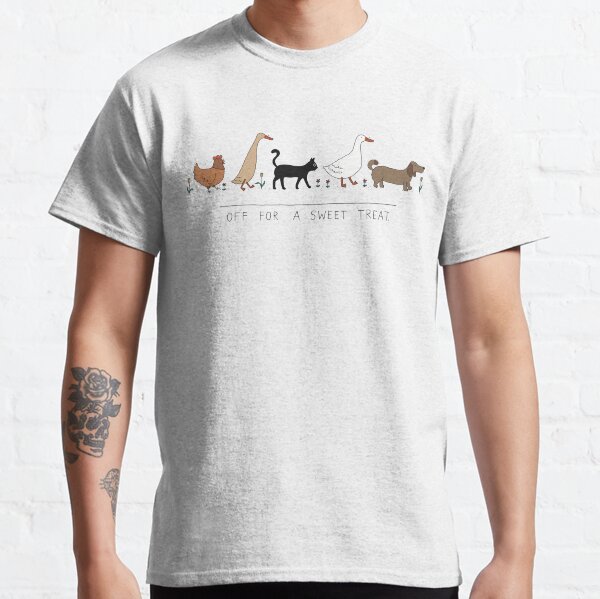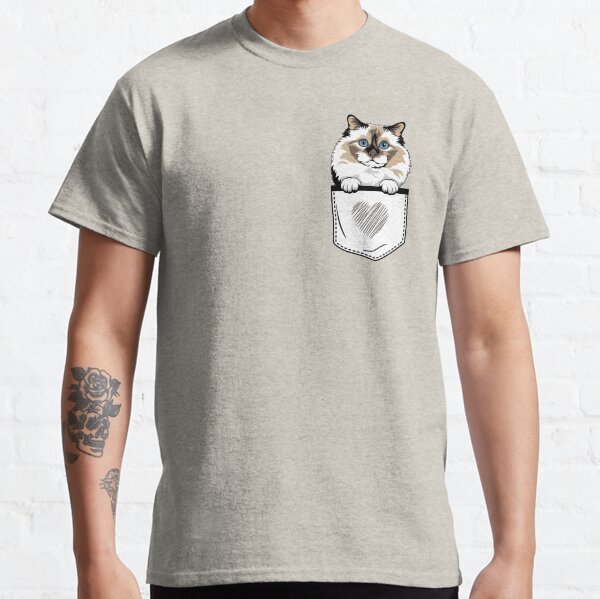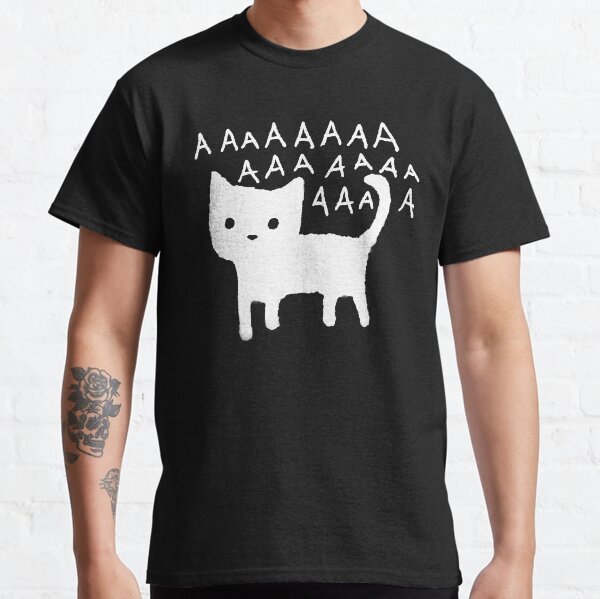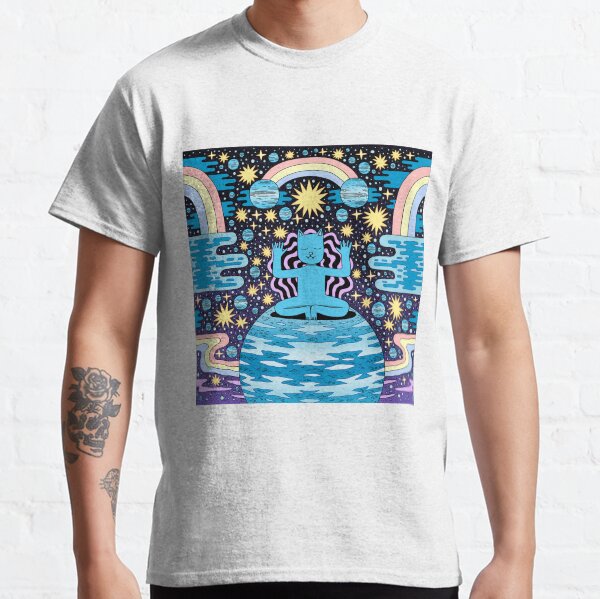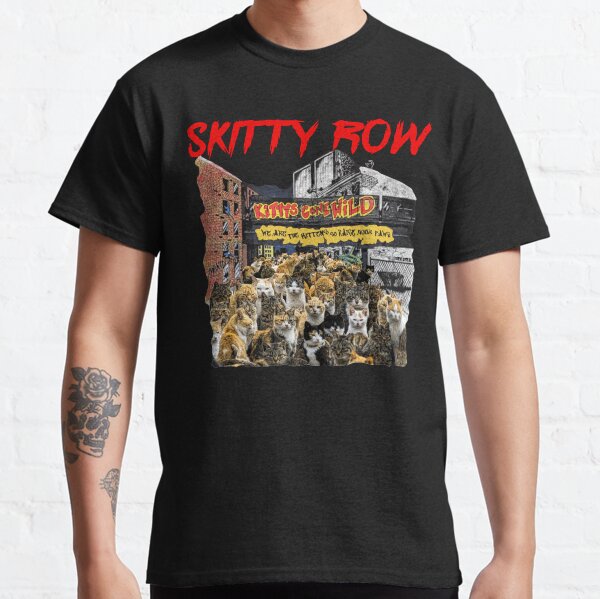Welcome to Ourteeshirt shop
Tee Up Your Vibe.
“Tee Up Your Vibe” is a youthful and dynamic slogan that encourages wearers to express their unique style and personality through T-shirts. “Tee Up” is a clever play on words, referencing both “T-shirt” and the idea of elevating one’s energy or attitude.

Featured Products
-
T-Shirts
Stop Running and let the Flerkens eat you,The Marvels Classic T-Shirt
$19.49 – $21.49Rated 0 out of 5 -
T-Shirts
Hello Christmas marie aristocats xmas gift version Classic T-Shirt
$19.49 – $23.49Rated 0 out of 5
All US Orders Ship Fast
Returns within 30 days of delivery
Dedicated Support
Delivery Guarantee



Our Blog

T-Shirt Layering Secrets: Stay Stylish in Every Season 2025
Layering is an essential aspect of fashion that allows you to maximize your wardrobe while staying comfortable throughout the year. Whether dressing for winter chill

The Minimalist T-Shirt: Mastering Effortless Fashion in 2025
Minimalist fashion has gained immense popularity in recent years, with the T-shirt standing as a key piece in achieving a refined yet effortless look. Mastering

From Meme Tees to Political Statements: The Power of Printed Messages
Statement graphic tees have become an essential part of fashion in 2025, allowing individuals to showcase their personality, beliefs, and creativity through bold designs and
Our Gallery





